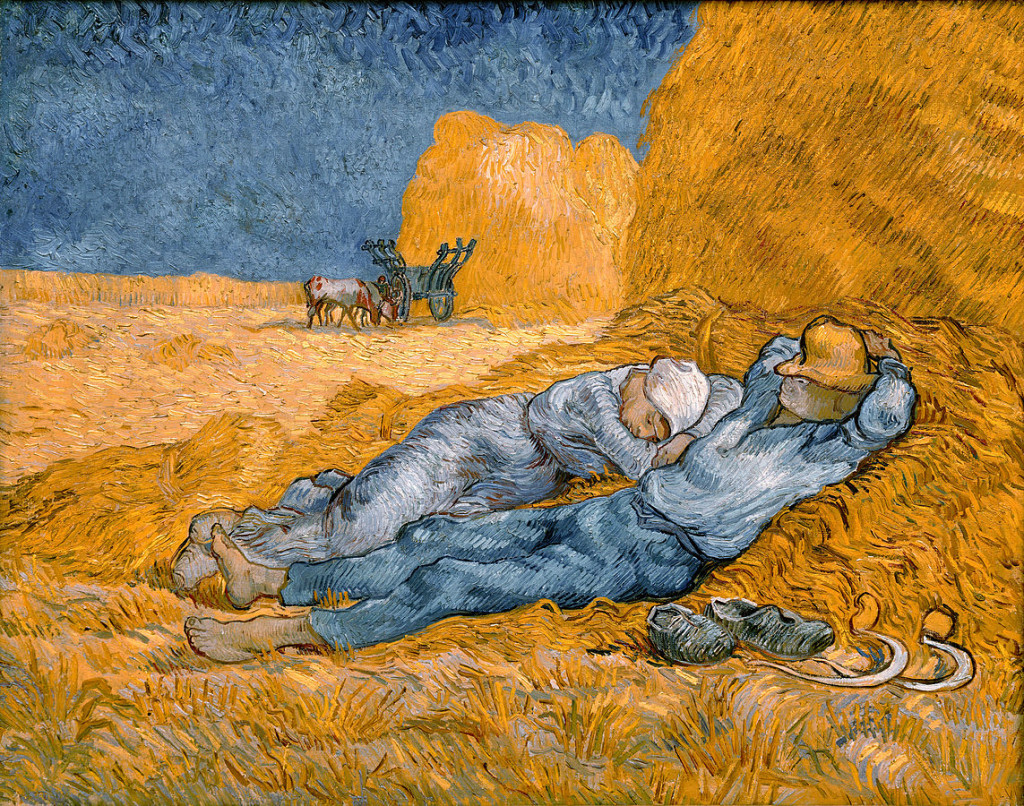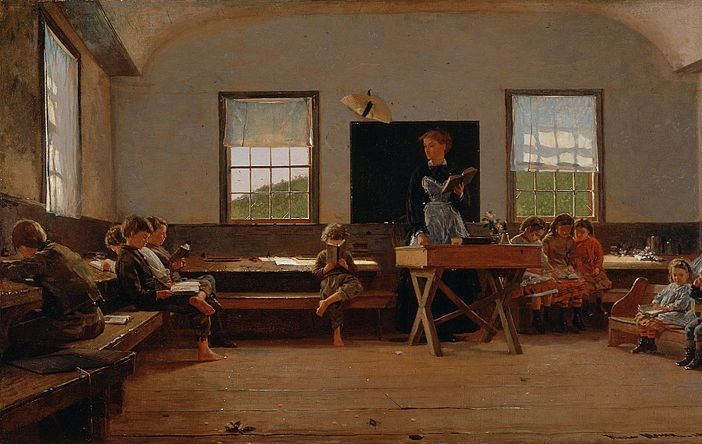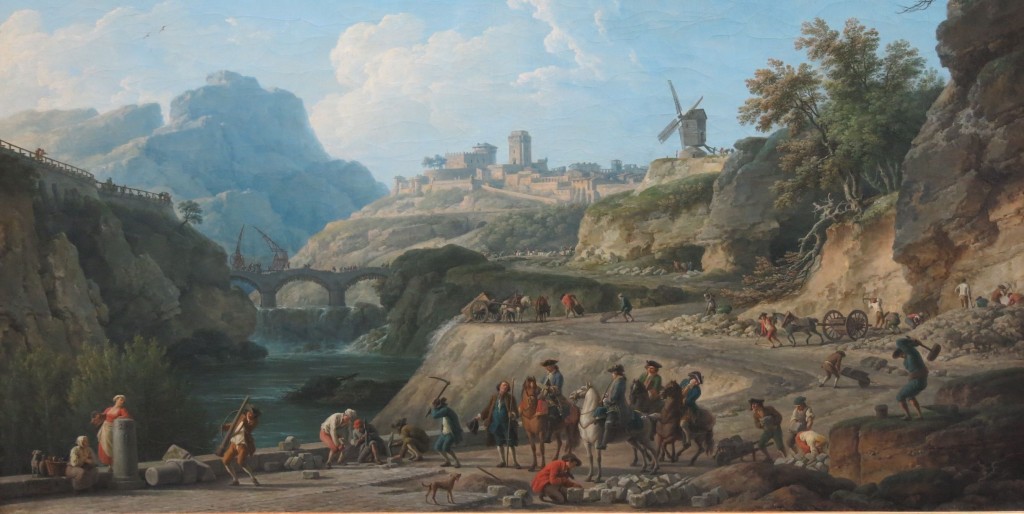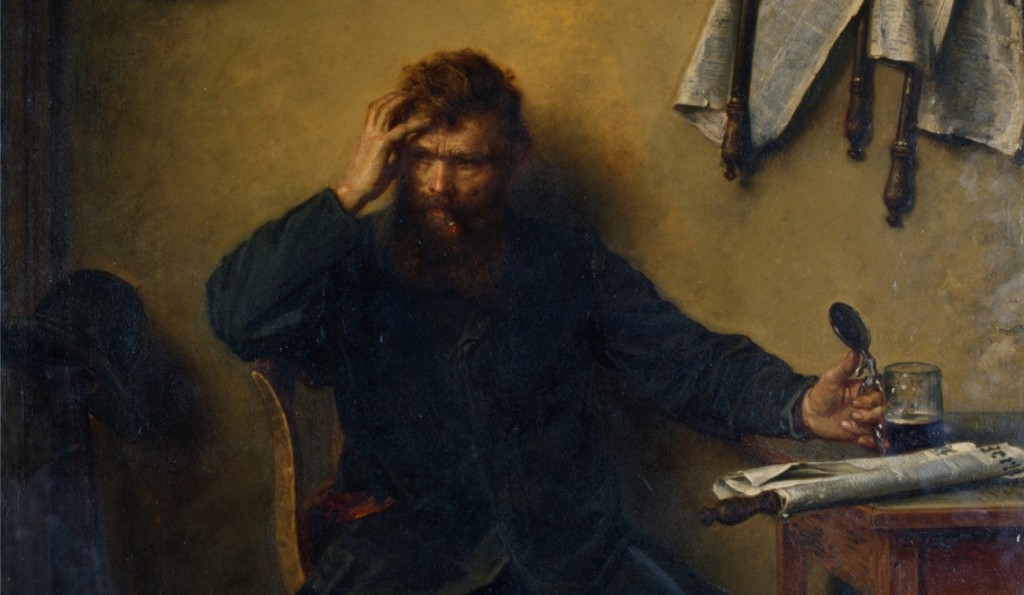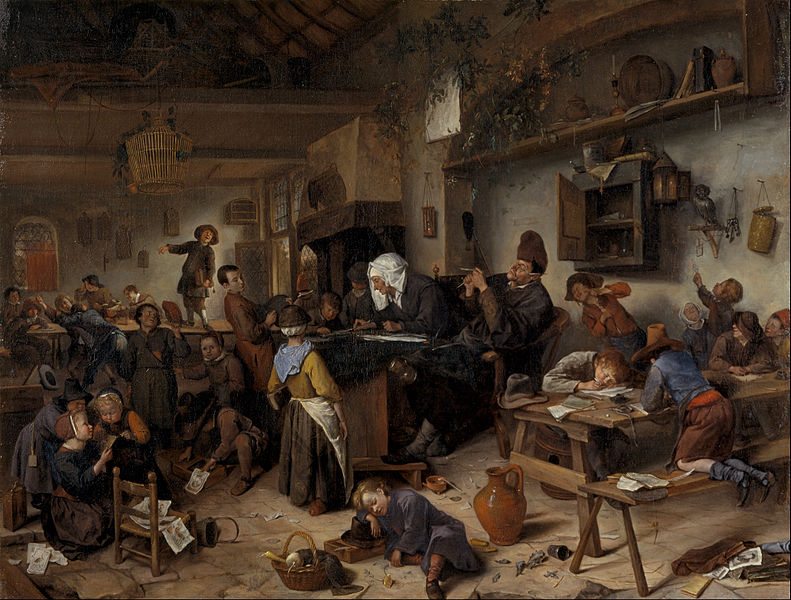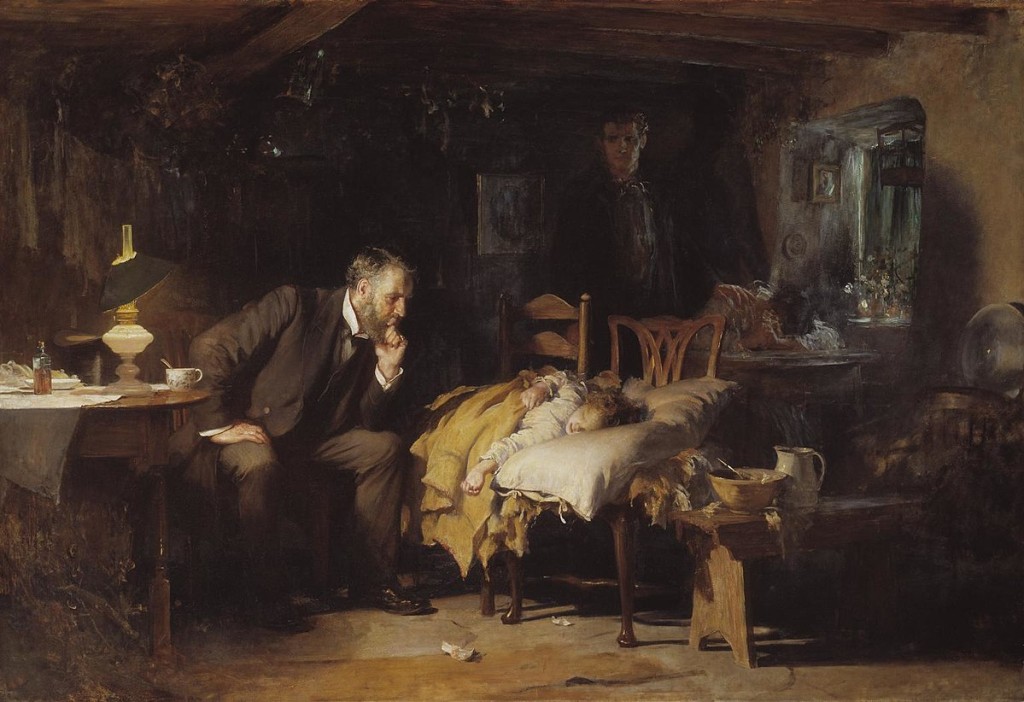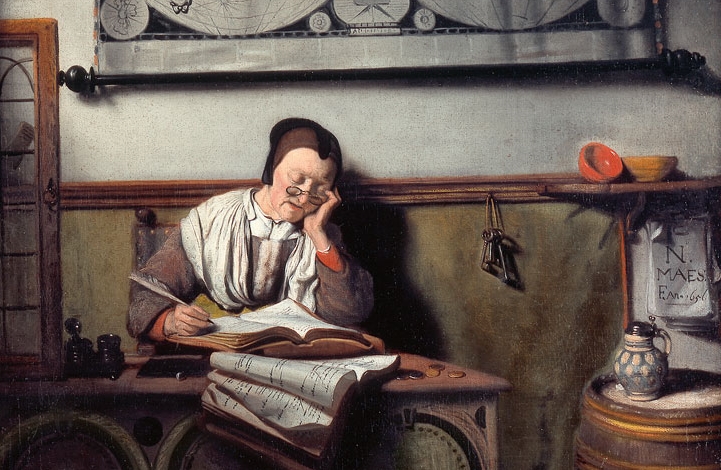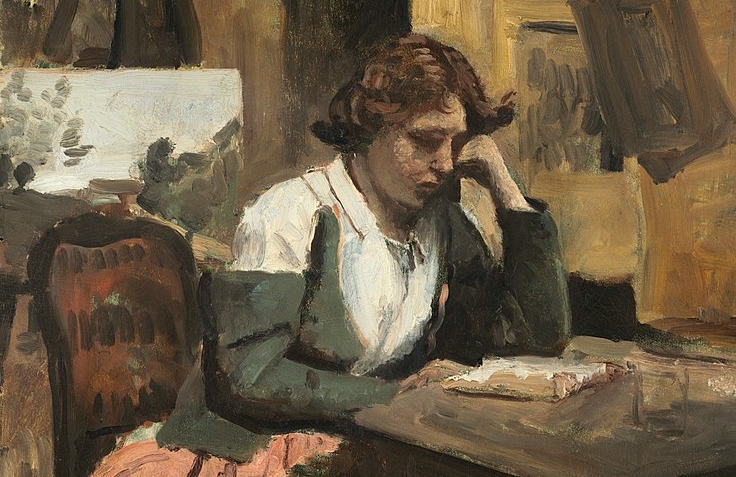
From Sherwood Forest to Wall Street: Economic Concepts in Children’s Literature
BY
Liberales Institut / July 15, 2022
A new study for the Friedrich Naumann Foundation for Freedom takes a closer look at how economic topics are dealt with in books for children and young adults. Hans Jürgen Schlösser, Michael Schuhen, and Helene Schlösser examine classics such as David Copperfield and Tom Sawyer as well as recent bestsellers and works of non-fiction.



